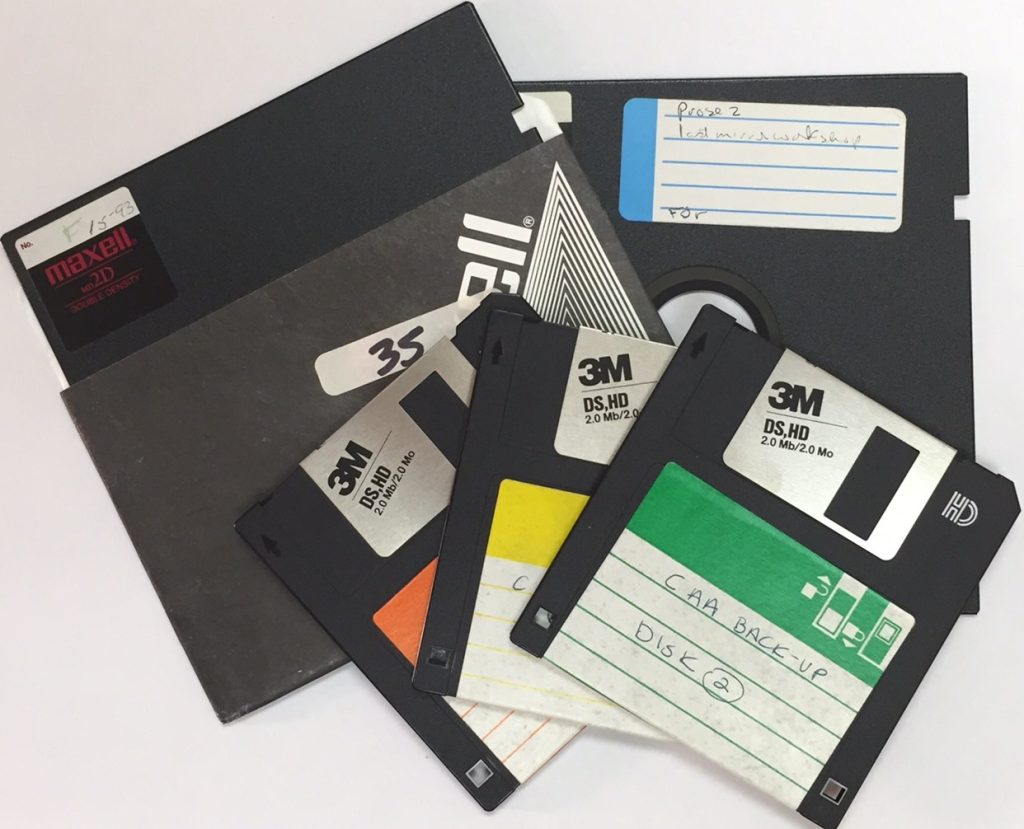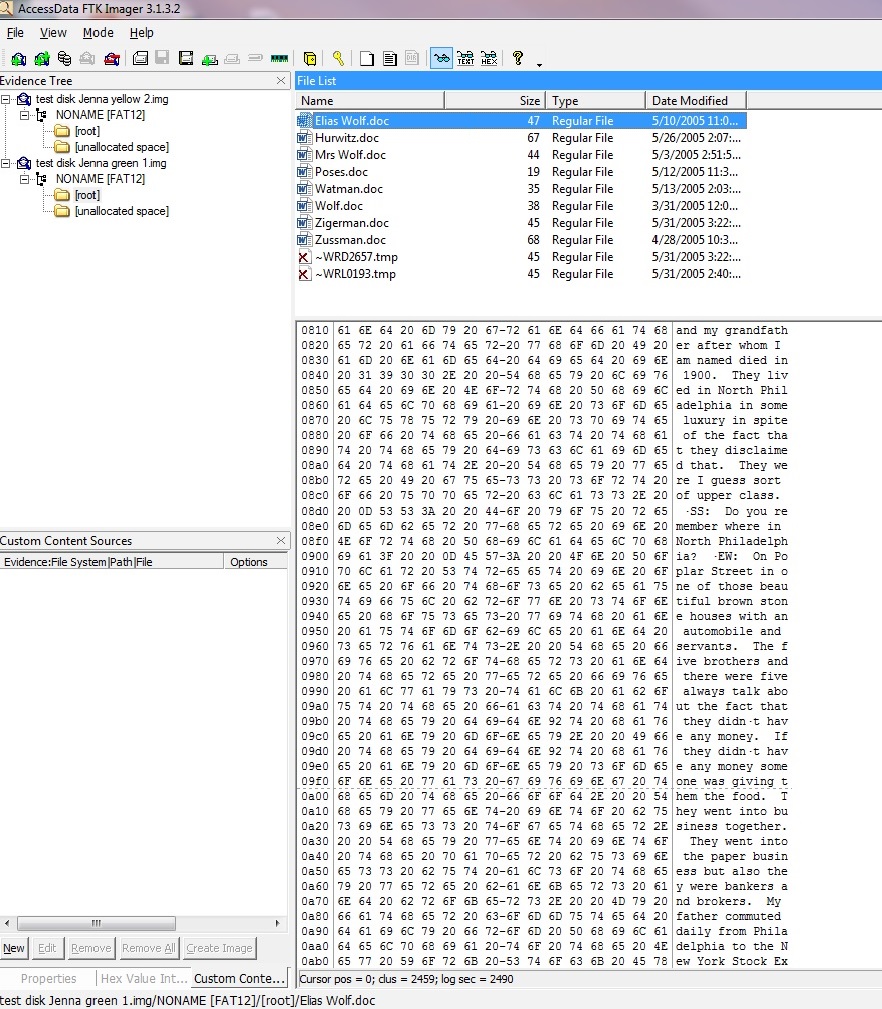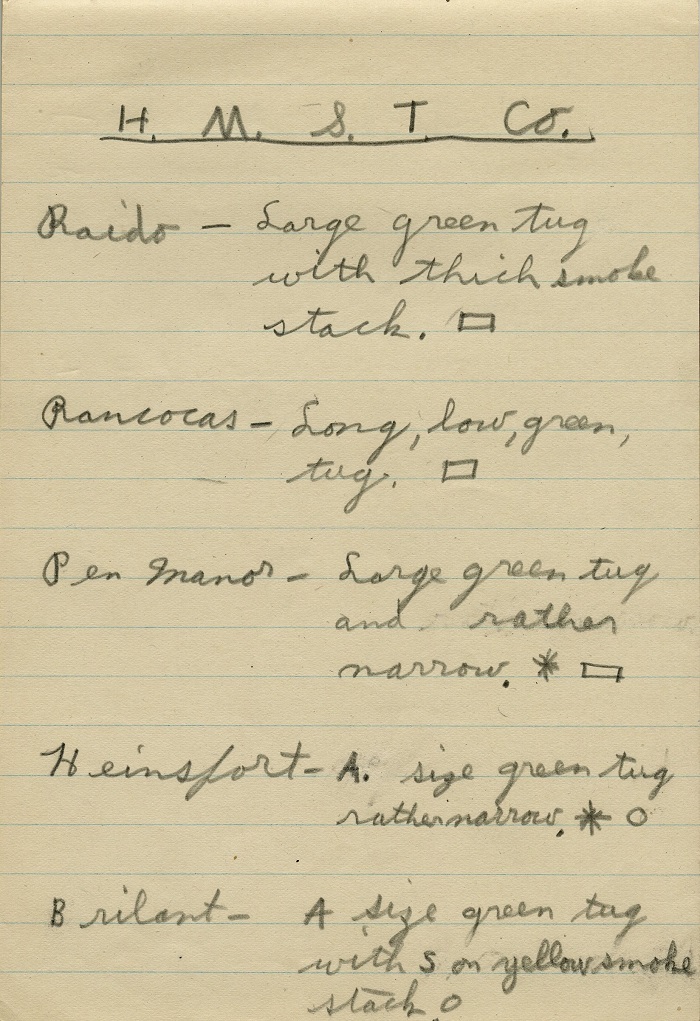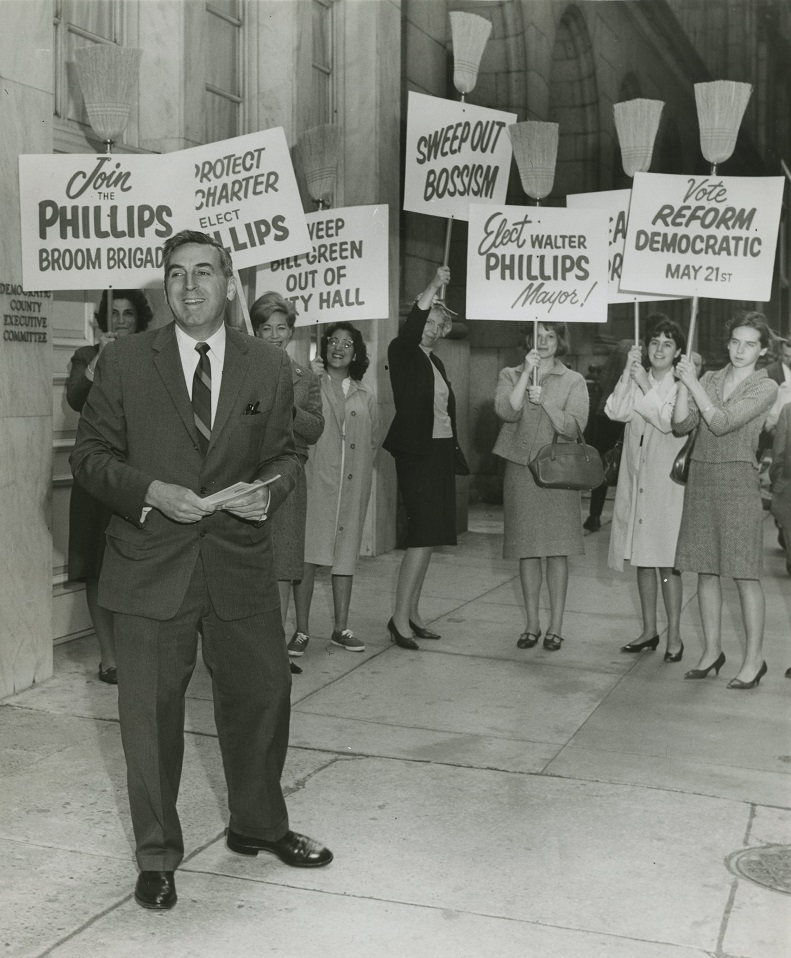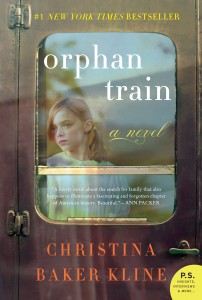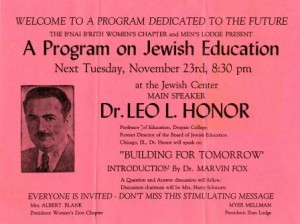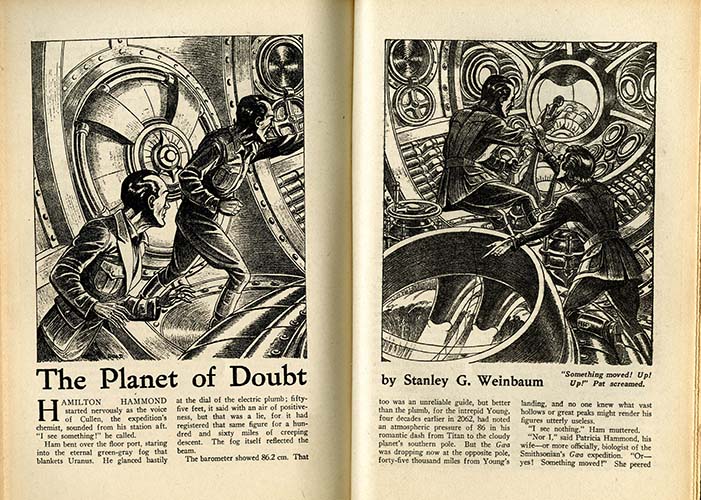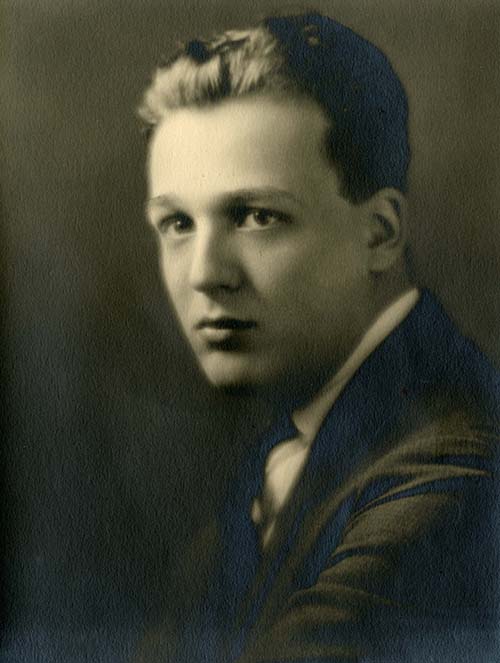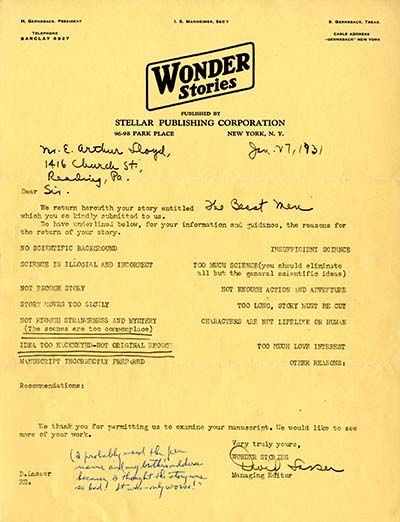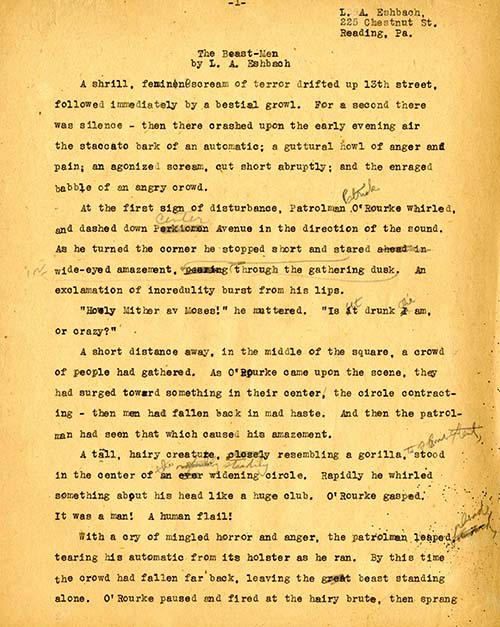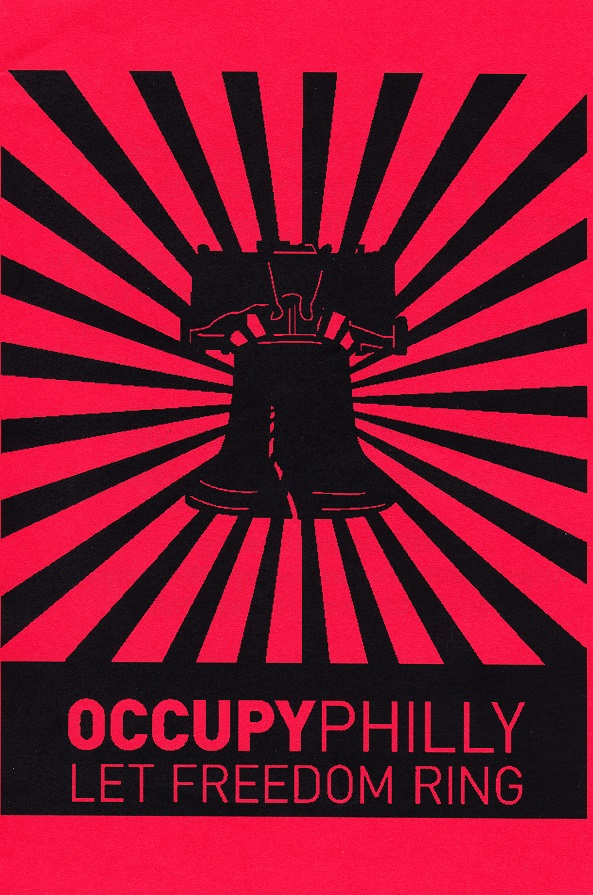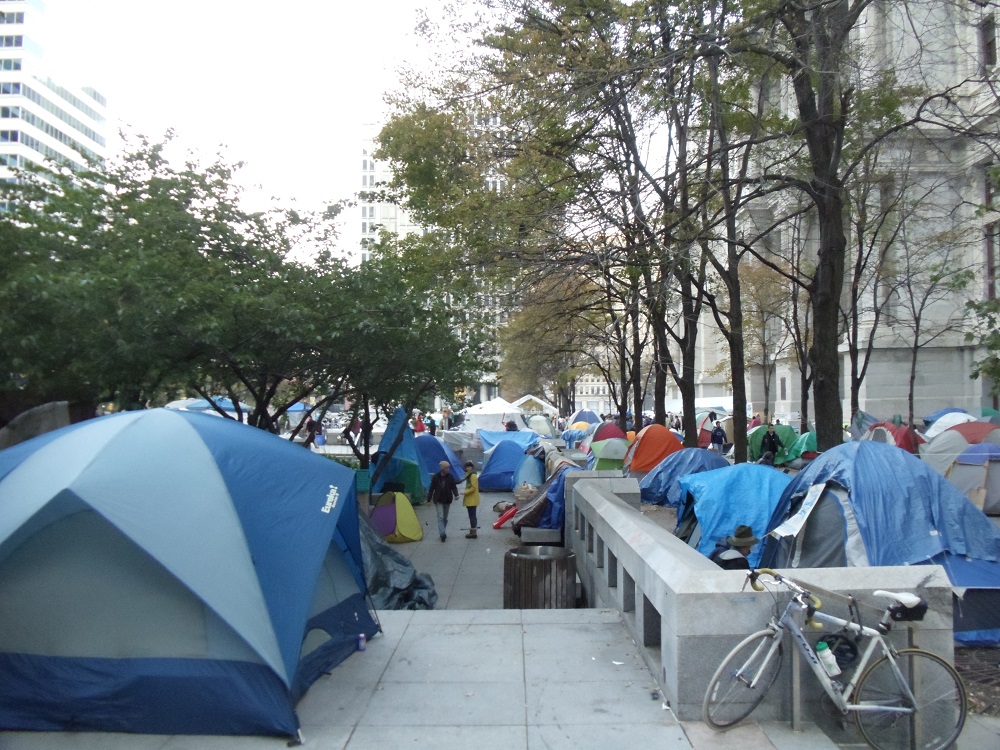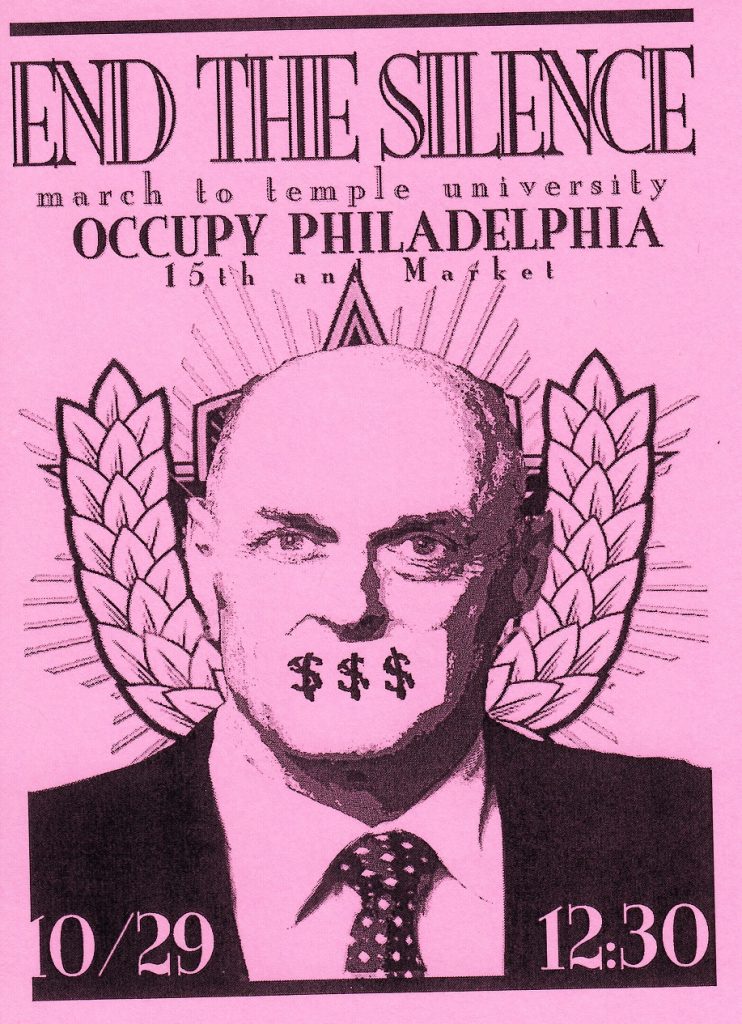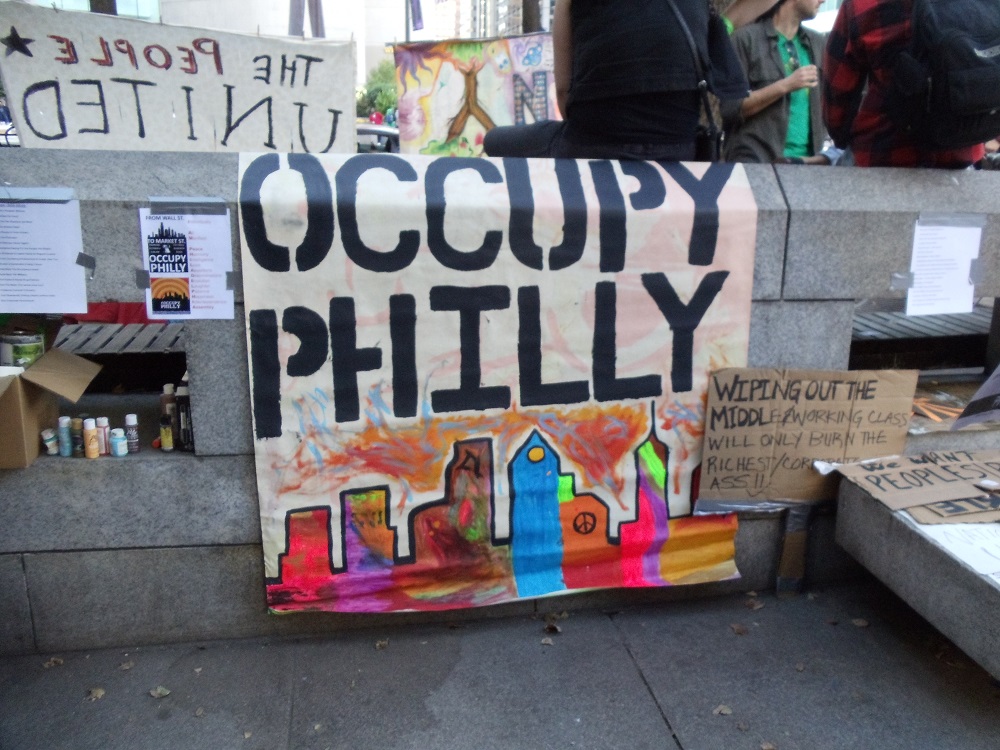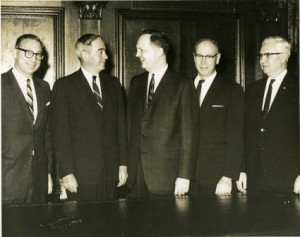Readers of our blog and web site are well aware that the Special Collections Research Center contains many varied types of historical materials. We are proud stewards of published books, letters, administrative records, photographs, film, audio recordings, artists’ books, fanzines, and many other formats. We also actively collect materials in digital form: word processed documents, digital photos and videos, spreadsheets, etc. As archivists and librarians responsible for preserving the historic record, we are well aware that for the past few decades the historic record has increasingly been created via computer.
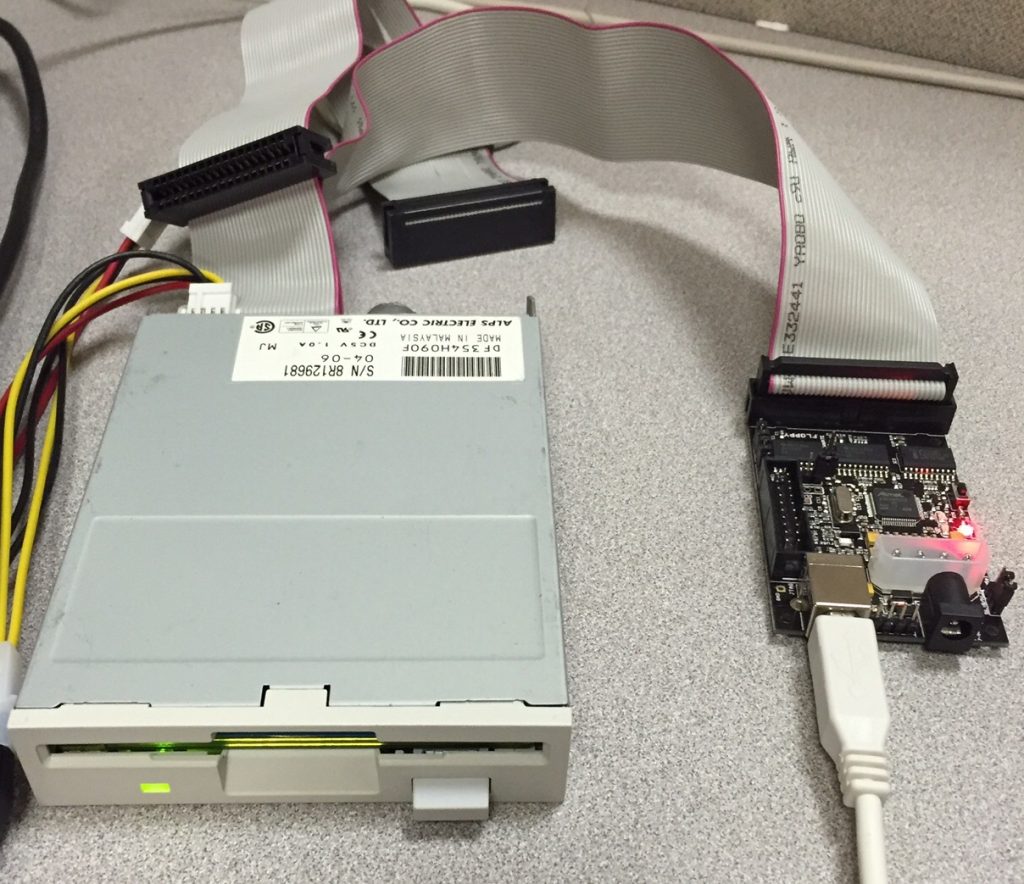
Computer technology evolves quickly, and while it is one (still challenging) thing to download recently created files and preserve them, it’s another to be confronted with a box of obsolete disks last used ten or twenty years ago. Paper documents hundreds of years old can still be read if you understand the language, but computer disks require compatible hardware and software to render their contents readable. What’s an archivist to do?
The answer has emerged from unlikely sources. Computer forensics is used by police and other law enforcement officials to gather and preserve computer files which may be used as evidence in a court of law. Like archivists, law enforcement officials must be sure to preserve documents without altering or damaging them–in the case of law enforcement, for evidential use, and, for archivists, to preserve the historic record. Officials involved in computer forensics have created software that enables that to happen. Meanwhile, classic video game fans have created hardware that allows them to read, copy, and play games created on much older computer systems–and often stored on floppy disks.
The SCRC–and many other special collections and archives departments–has begun to create best practices using this hardware and software to care for digital materials in our collections. At Temple, we have used the FC5025 by Device Side Data to read and copy the contents of 5.25” floppy disks, and we have started testing the Kryoflux, developed by the Software Preservation Society, with 3.5” floppy disks. In both cases, this forensic hardware has been able to read disks that other drives were unable to read. We have also used FTK Imager by AccessData to extract access copies of files for use by our patrons in our reading room, just as they would use our paper collections. Digital forensics is a growing area of archival work, and an exciting new area of exploration. We look forward to sharing our old disks with you.
–Katy Rawdon, Coordinator of Technical Services, SCRC
